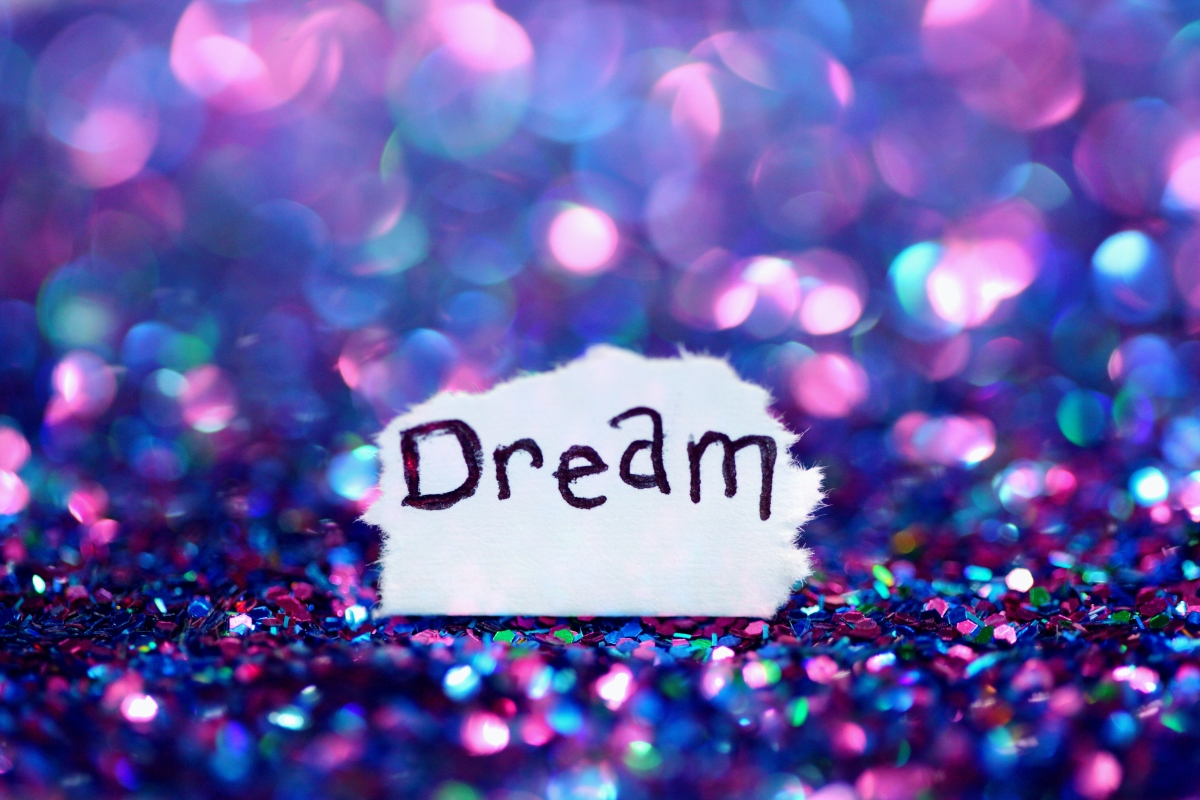Psychodynamic therapy: what is it?
Understanding is the goal of psychodynamic therapy. In other words, the goal of this approach is to help you see how the events of your early years have shaped the person you are today.
Examining your early attachment style, your relationship with your parents, and how you interacted with your siblings as a youngster are all instances of this.
You will discover ingrained traits about yourself, including patterns in long-term relationships, interpersonal issues, personality traits, and phases of emotional development.
The Process of Psychodynamic Therapy
This kind of therapy places a strong emphasis on the significance of our early experiences and how they impact us as adults.
It also asserts that both conscious and unconscious impulses govern conduct and that just talking about problems can help people understand how their past influences their present actions.
Who Should Receive Psychodynamic Therapy?
A common method for treating mental illnesses is psychodynamic therapy, which can also be utilized to help those who are battling with substance abuse.
People with personality disorders, depression, or anxiety might also benefit from this kind of therapy.
Patients who receive psychodynamic treatment are better able to comprehend their emotions and the reasons behind their actions.
